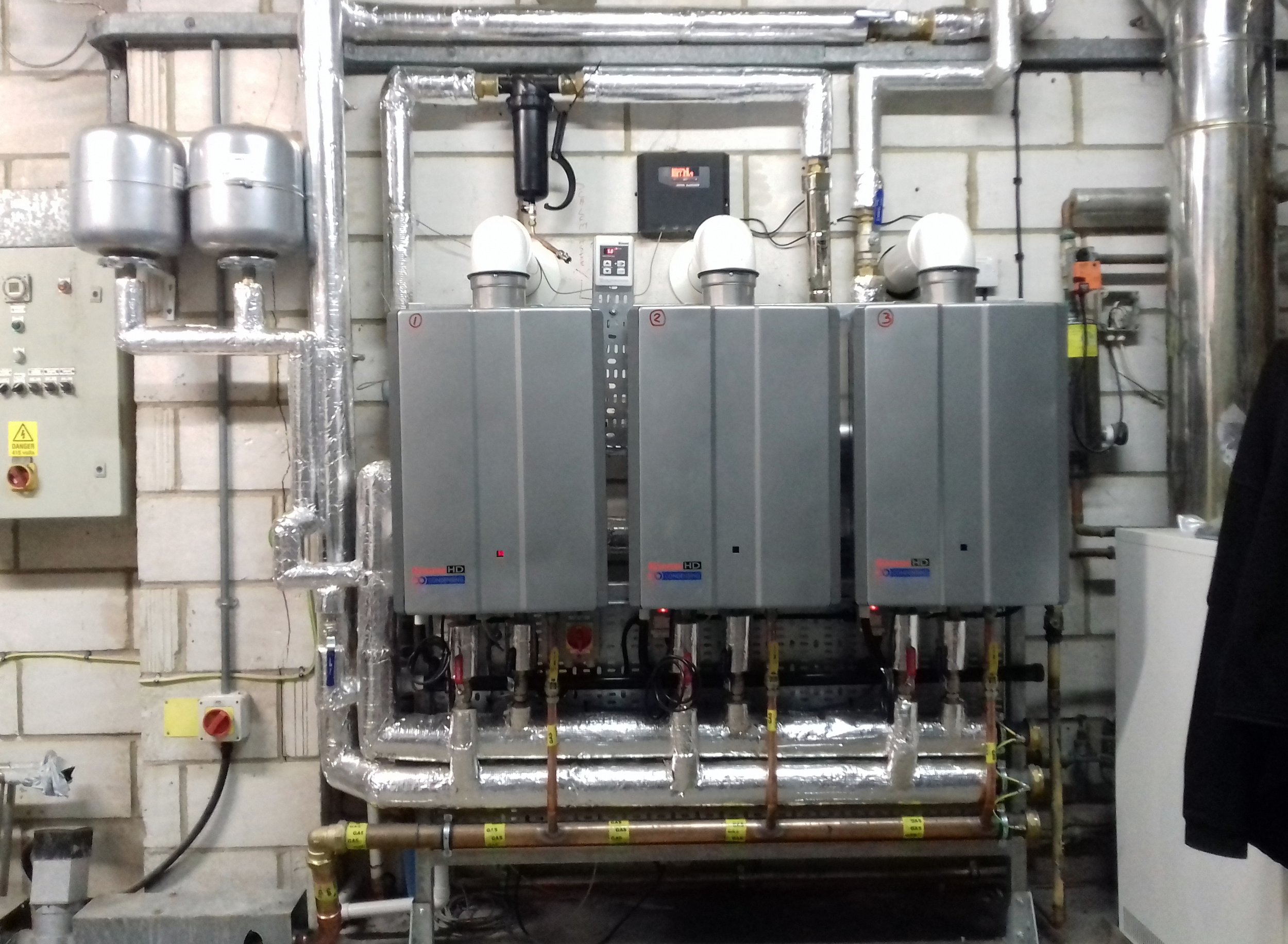Commercial Gas Heating Top Tips for the Winter
/With another cold spell expected soon, it will be a busy time for our national gas division. There is always a higher demand for breakdowns in the colder times within the building service industry. We wanted to share some warning signs to look out for, in order to prevent unexpected call outs..
Signs that you may have a boiler issue
Frozen external condensate pipes
Sometimes a fault code can come up on your boiler to indicate that the external pipes are frozen from the condensate. This is a risk if you have condensate pipes that run outside of your premises. The ice blockage could lead to flooding at your commercial property, causing fabric damage and building repairs expense, and if left, frozen pipes even burst. Pipe insulation comes in many forms and is generally quick, easy and an inexpensive way to prevent an emergency callout.
Low battery thermostats
This could be indicated by a flashing indicator on the display to indicate low battery or no display at all. Always be sure to replace the batteries in the thermostat to see if this resolves the issue.
Radiator requires bleeding
If your radiators don’t seem to be heating up properly, they may need bleeding. If radiators are only warm at the top, then this is a sign of trapped air. Not releasing the air could result in larger problems. Once released/bleed, the heat within the radiator will be more evenly distributed, which means more efficient heating and money saved on bills in the long run.
Low Pressure on Boiler
This would again be indicated by a fault code on the boiler, always then check the pressure gauge to see where the needle sits, if this sits below 1 or above 2 (red zones), the boiler pressure would need to be adjusted. Loss of pressure within your boiler can be a common occurrence, this can be due to small leaks or from bleeding the radiators. If your boiler loses too much pressure, this hinders its efficiency. The pressure gauge will usually be visible on the front of your boiler system. Due to various ways of topping up different systems, to re-pressurise, be sure to consult the manufacturers’ instructions prior to doing this yourself. However, if you are in any way unsure about what you’re doing, call in an engineer to do it for you.
Commercial Gas Maintenance Provider
Premises experience significantly less breakdowns on appliances covered under a compliance and servicing programme. If you have issues not mentioned above, further questions, or require commercial boiler maintenance, then contact us and we’ll run through what we do as a commercial gas planned preventative maintenance (PPM) provider. Alternatively complete the Contact Form at then end of this page.










